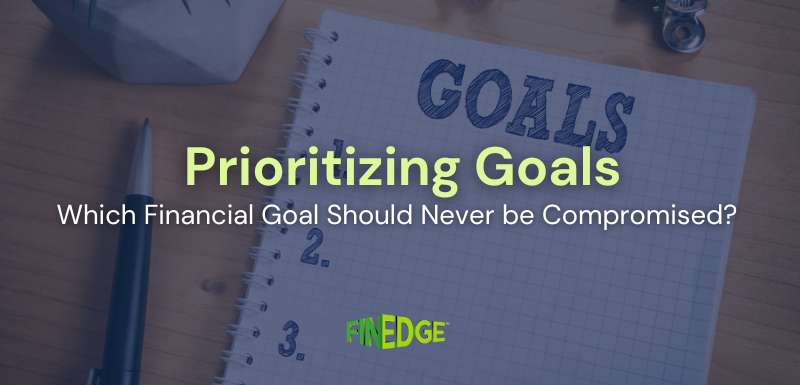How to safeguard your Child’s Education Goal

Providing a top-class education to our kids generally ranks at the top of the list when it comes to financial goals. And why not? In today’s hypercompetitive professional environment, a quality degree can provide your kids with a vital edge to get ahead. The problem – a good education typically doesn’t come cheap, and a proper child education plan is absolutely critical. A financial planner can help! Here are a few things to keep in mind.
The obvious one – plan in advance
A financial planning survey conducted a few years back proved that “Indian parents fail to plan ahead” when it comes to a child education plan. The survey consisted of two indices – the “Dream Index”, which reflected our degree of awareness about our life goals, and the “Plan Index”, which measured just how well financially planned Indians are towards achieving these goals. While the Dream Index for the topmost tier of those surveyed stood at a solid 61, the Plan Index stood at a poor 24! The first – and obvious step, therefore, would be to prepare a roadmap by charting out the child education plan with the help of a financial planner.
Adjust for Inflation
While setting the target amount for your child education plan, your financial planner will surely advise you to not ignore the impact of inflation on the future value of the goal amount, as most people do. An amount that seems sufficient in today’s terms may prove to be inadequate when your goal date arrives. Failing to plan properly may lead to your having to dip into your retirement fund or to take out expensive education loans. Don’t be daunted by a seemingly high number – if you’ve got time on your side, compounding will help you achieve your child education plan if you begin early, work with a qualified financial planner, and maintain savings discipline.
Don’t fall for a “risk aversion” trap
When it comes to creating wealth for your child education plan goal, your financial planner will probably advise you to keep equities as the cornerstone of your investing strategy. Although they do not provide fixed returns, they have the potential to help you benefit from the ups and downs of the market in a big way. If you’ve got time on your side (for instance, if your child education plan still has 7 years or more left), go for SIPs in aggressive small- cap or and mid-cap oriented funds, regardless of your risk tolerance. Don’t let risk aversion come in the way of your benefiting from the long-term compounding that could accrue from more aggressive funds, as volatility actually works in your favour over the long term.
Protect your Goal
Uncomfortable as this may sound, what if you’re not around anymore and you’ve not saved up enough yet? This is where “Goal Protection” comes in with respect to your Child Education Plan. Work with your Financial Planner to determine the current amount of coverage that you need for protecting your goal. For the term plan that you’re earmarking for this purpose, make sure you appoint a trusted person as an appointee, who will receive, invest and deploy the sum assured in case of your unfortunate death. Furthermore, make sure you close loop your goal protection strategy by drafting a will, clearly mentioning the sole purpose that the policy proceeds must be used for. Make sure you steer clear of “Child Education Plans” by life insurance companies that aim to combine protection and savings, though. They do not serve any purpose completely.
Your Investing Experts
Relevant Articles
Which Financial Goal Should Be Your Priority While Investing?
Every investor has more than one dream, a home, a child’s education, a comfortable life and a secure future. The real challenge is deciding how to prioritise these financial goals without losing sight of what truly matters.
How the 50/30/20 Budget Rule Can Help You Achieve Financial Goals
Struggling to balance living well today and saving for tomorrow? The 50/30/20 budgeting rule offers a simple framework to manage your expenses, build financial discipline, and start investing meaningfully, even if you’re just getting started. It’s a practical first step toward long-term financial confidence.
How Long-Term Investing Can Reduce the Risk of Low Returns
Most investors want better returns with minimal risk. But what’s the secret? Time. The longer you stay invested, the more likely you are to avoid negative returns and achieve your goals. This blog explores why long-term investing, especially through SIPs, is your best defence against market volatility.
.png)

.jpg)
.jpg)